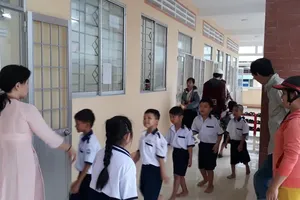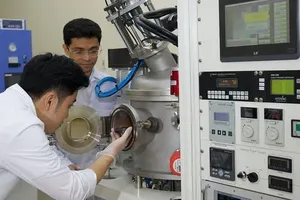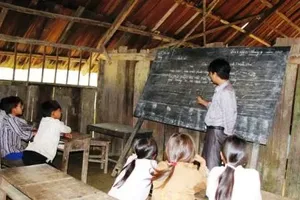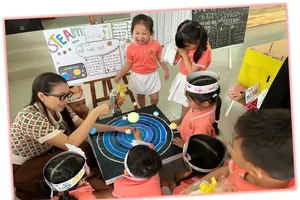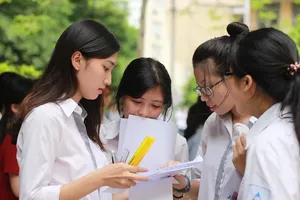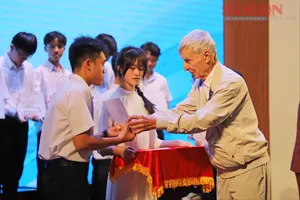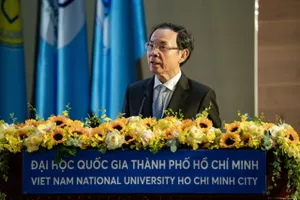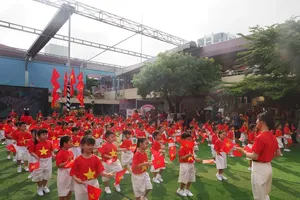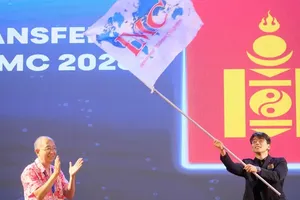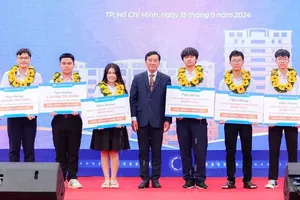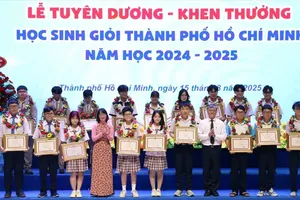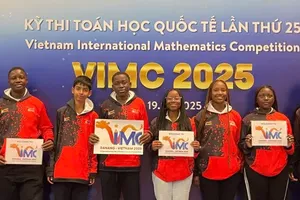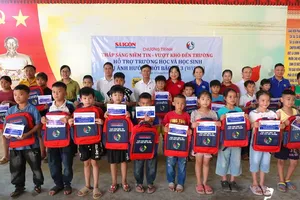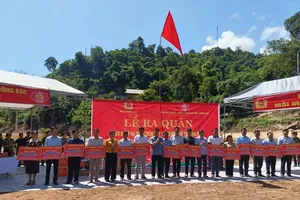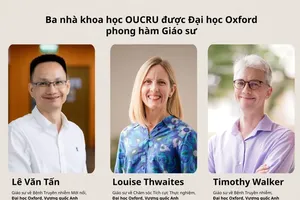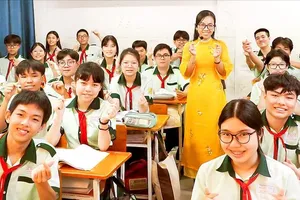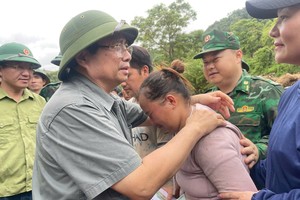Internationalization of higher education is promoted

One of the goals in the Prime Minister-approved project, which aims to improve the quality of higher education for the period 2019-2025 to create a strong change in higher education must be achieved by 2025, is that over 70 percent of higher education institutions have lecturer and student exchange activities with universities in the region and around the world.
The Party and State's policies aim that Vietnam must not only focus on developing domestic human resources but also promote attracting foreign experts to support domestic resources for the country’s education development.
In the context that the resources of domestic teachers, lecturers, and scientists have not fully met the development requirements and created resilience for universities, the international intellectual team is an invaluable additional source. The participation of foreign teachers, lecturers, and scientists not only helps enrich the academic environment but also contributes to improving a university's reputation, ranking position, research output and comprehensive education for pupils and students.
Even in the world's prestigious university rankings, the criteria for the ratio of international lecturers and scientists are 5 percent (QS World University Rankings) and 2.5 percent ( Asia - QS Asia University Ranking and in the Times Higher Education Magazine Rankings - THE Rankings).
In reality, the proportion of foreigners working and attending conferences and seminars, and implementing activities under international projects at Ho Chi Minh City National University from 2019 to 2023 is about 8 percent-15 percent (only calculation on the total of 3,500 full-time lecturers of Ho Chi Minh City National University). However, the number of people teaching and researching full-time for 1 semester or more only accounts for a small proportion of this number.
Vietnam needs a clear legal basis
The number of foreign lecturers who have been recently hired at higher education institutions is not as high as expected. Along with difficulties in finding and attracting suitable personnel, and limited financial resources to attract and retain foreign experts and scientists, difficulties in administrative procedures have also created significant obstacles.
Currently, Vietnam's legal framework on education does not have detailed, specific regulations for foreign teachers, but foreign teachers are mainly governed by labor laws. Accordingly, foreign teachers are considered normal workers while the importance, standards, tasks, and rights of teachers are very specific. Therefore, the application of labor laws to regulate the recruitment, employment, rights and obligations of foreign teachers is completely inappropriate.
According to the present regulations, the management of the use of foreign workers at universities is carried out in accordance with the provisions of the Labor Code, the Law on Entry, the regulation of exit, transit, residence and many other by-law documents related to foreign workers working in Vietnam. To help foreign teachers and lecturers get a visa to Vietnam for short-term work programs of less than 3 months, organizations in Vietnam which need to hire foreigners must carry out relatively simple procedures including completion of the declaration and invitation letter and submitting it to the Immigration Department.
However, foreign workers who work in Vietnam for over 3 months must have a work permit or they must have confirmation that they are not persons who must have a work permit to apply for a long-term visa.
The current process of applying for a work permit or a certificate of non-qualification for a work permit is a complex and time-consuming process, affecting the employment plans of schools as well as the work plans of foreign lecturers and experts.
In the integration process, educational institutions throughout the country are in dire need of innovation in mechanisms and policies from competent management organizations at all levels to create an open and favorable legal corridor in attracting foreign teachers, lecturers, and experts to teach or carry out exchanges in Vietnam.
